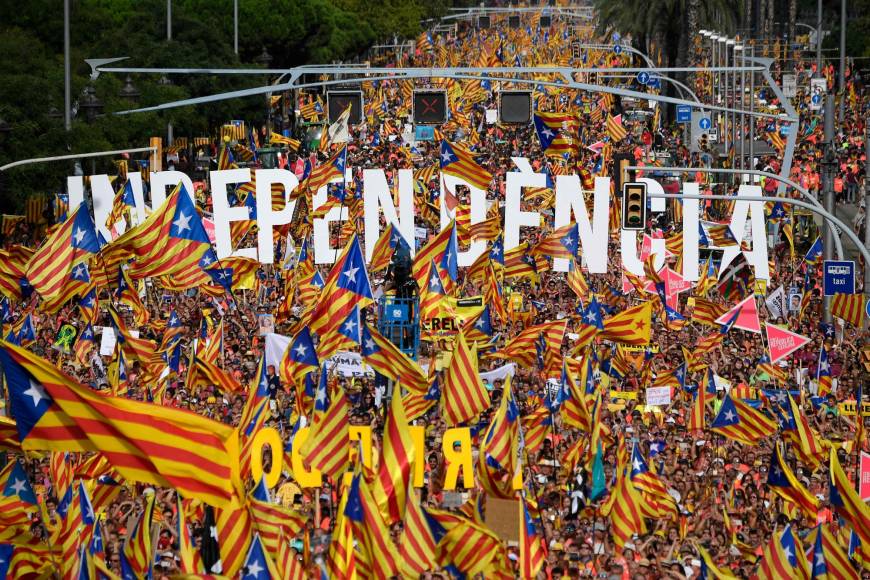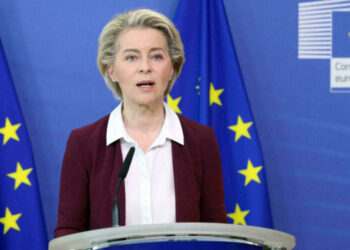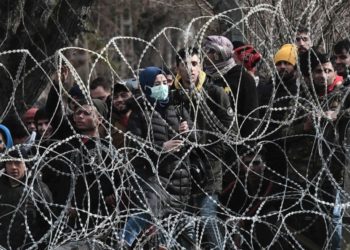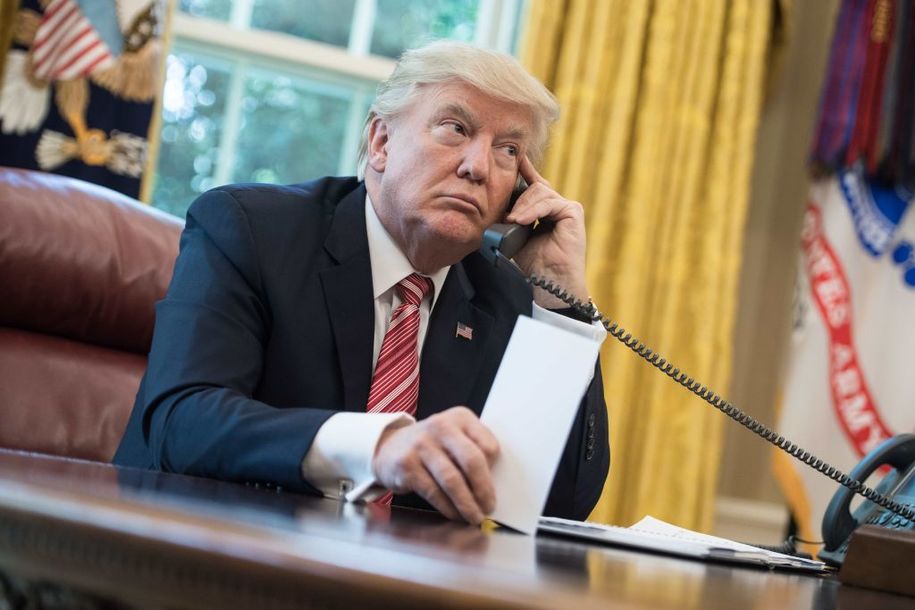October 1, 2018, will be a noteworthy day in Catalonia, as it will mark the first anniversary of the referendum that changed everything – and didn’t change anything. The reader will find this claim contradictory, and it is. The reality of Catalan political life has been defined by sharp contradictions in the last year, which have affected the independentist movement since October 1 last year. Such contradictions were in some ways internally generated, and in others provoked by external action (and inaction).
Let’s address the internally generated contradictions first. Despite the failure of the declaration of independence in October, the Catalan independentist movement has not lost its strength. On the contrary, it has maintained it against all odds. Apart from the absolute majority achieved in the December elections to the Catalan Parliament, the movement held yet another massive rally in Barcelona two weeks ago, something that happens every September 11 (Catalonia’s National Day) since 2012.
Nonetheless, the movement has suffered and still suffers from a certain disenchantment towards its politicians. Until this last year, the coordination between political parties and civil society organizations that support independence was unquestioned. The strategy was the following: the political parties represented and enacted the movement institutionally, while civil society organizations were responsible for mobilizations in the street. But the uncertainty and the seeming lack of a clear plan shown in October 2017 made some people wary of the real intentions of the politicians.
Representing the Movement
That is why some voices claim that the movement needs to break the structures of political parties, to “overflow” them, by generating new forms of political organizing that do not leave the institutional representation of the movement to traditional political parties. These initiatives are starting to take shape, focusing on the municipal elections of May 2019. The battle for Barcelona is the most important one for obvious reasons, and the evolution of this attempt to re-conceive the balance of forces inside the independentist movement brings to light one of its most important tensions.
The contradiction I am trying to point out is the following: on the one hand, any movement needs self-evaluation, even self-criticism, especially after failing. Ideally, this exercise brings new ideas and new initiatives. But the new is normally perceived as a threat by the old. The risk is the loss of a unity of strategy that has been the movement’s major strength, despite the normal tensions between political parties that coincide with the goal of independence but differ in socio-economic policy.

The political parties, which are suffering the outrageous imprisonment and exile of their leaders, need to evaluate whether they are ready to accept interesting proposals that challenge their own existence but will probably revitalize the movement and give it more political depth, or not. And the movement in its totality needs to reflect on the risk of a fragmentation that could result in the short-term victory of unionist forces in Catalonia’s capital Barcelona.
The claim that Catalonia did not achieve its independence in October 2017 due to the lack of faith, commitment, decisiveness, intelligence, or planning by political leaders is not the only one that has acceptance within the movement. Some of us believe that, despite the fact that a victory in a referendum might be valid and legitimate with a win of 51 percent, in the case of secession, just for practical reasons, a wider majority is needed.
Sadly, the Spanish State — and here I include all its institutions and powers — does not make it possible to count how many people are in favor of or against independence in Catalonia. And here the movement faces another contradiction. What should the strategy be? Focusing on “widening the base” of the movement (for example on persuading more people to join it)? Trying to agree on a referendum with Spain, even if the main parties in the Spanish Congress have repeatedly said this cannot even be discussed? Why should independentists accept the status quo, when it is very unclear that it is the preferred option by the majority of people in Catalonia?
External Threats
The refusal of the Spanish government to even talk about an agreed referendum (just like Scotland´s in 2014) brings us to the externally created contradictions faced by the independentist movement. The repression exercised by the Spanish State against independentists, both through police violence and unfair judicial prosecution, has had the effect of decapitating the movement and changing its narrative.
A year ago peaceful protests happened in Barcelona, due to it Catalan social leaders @jcuixart and @jordialapreso have been in prison for 11 months. Check this documentary to see how the Spanish judiciary invented charges of violence.
"20-S" – https://t.co/yQ6qgTIEmF via @YouTube— krls.eth / Carles Puigdemont (@KRLS) September 20, 2018
Bear in mind that there are currently 9 political and civil society leaders in pre-trial detention (some of them for more than 11 months now) for organizing a referendum. They are falsely accused of rebellion and sedition, which implies violence while one of the defining features of the Catalan independence movement has been and continues to be peacefulness. There are 7 more in exile, including Carles Puigdemont, the former Catalan President who was re-elected in the December 21 elections but was not allowed to take office. The injustice committed against the political prisoners has been proven by the refusal of extradition of the exiles by German and Belgian courts.
Of course, fighting repression has been and continues to be one of the major focuses of the independentists’ efforts. Sometimes, especially during the summer, these efforts might have seemed pointless or void, like in the case of the yellow ribbons. The yellow ribbon became a symbol of solidarity with the political prisoners and exiles months ago. However, the controversy broke out this summer when the Spanish nationalist party Ciudadanos and Spanish far-right groups decided to remove these symbols from the streets of Catalonia, in what constitutes, from my point of view, an attack to freedom of expression.

This created an absurd situation where the topic of discussion moved from what is substantial – the injustice of the imprisonments and exile – to what is circumstantial: the symbols that people use to publicly show their political and personal views, in this case, yellow ribbons. As democrats, we must speak out against those who ultimately seek to silence their political opponents with the excuse of defending what they call the “neutrality of the public space.” But at the same time, the independentist movement must be able to escape useless controversy and redirect the discourse to its political goals.
Catalan Case and European Union
Finally, there is Europe. The European Union’s shocking silence on the Catalan case actually created the first contradiction inside the movement regarding the perhaps too naive approach that had been taken towards the international strategy. Nonetheless, for me, this has been the only contradiction that has been successfully solved so far.
This success has two pillars. On the one hand, the results of the extradition trails faced by exiles in Belgium, Germany, and the United Kingdom have proven to what extent the judicial cases against Catalan political prisoners in Spain are untenable. This has shown the value of free circulation of people in Europe and hopes are set on the European Court of Human Rights in Strasbourg to finally determine the unfairness of the trials against the political prisoners.
On the other hand, instead of becoming Eurosceptic, the independentist movement has gone through a process of understanding what the current E.U. really is — a project dominated by states to serve states — and of developing new ideas on what Europe could and should be — a welcoming, open, democratic project for citizens that firmly protects fundamental rights and freedoms against any kind of abuses.
This evolution and transformation of the discourse on Europe is the model the independentist movement should bear in mind to overcome the rest of its contradictions. However, these processes take time and it is good that they do, as long as the goal is clear. Historian Arno Mayer wrote that revolutions are the “hiatus between the no-longer and the not-yet.” Maybe this is precisely what Catalonia is going through: a hiatus between the nothing and the everything.
Disclaimer: The views and opinions expressed here are those of the author and do not necessarily reflect the editorial position of The Globe Post.
























